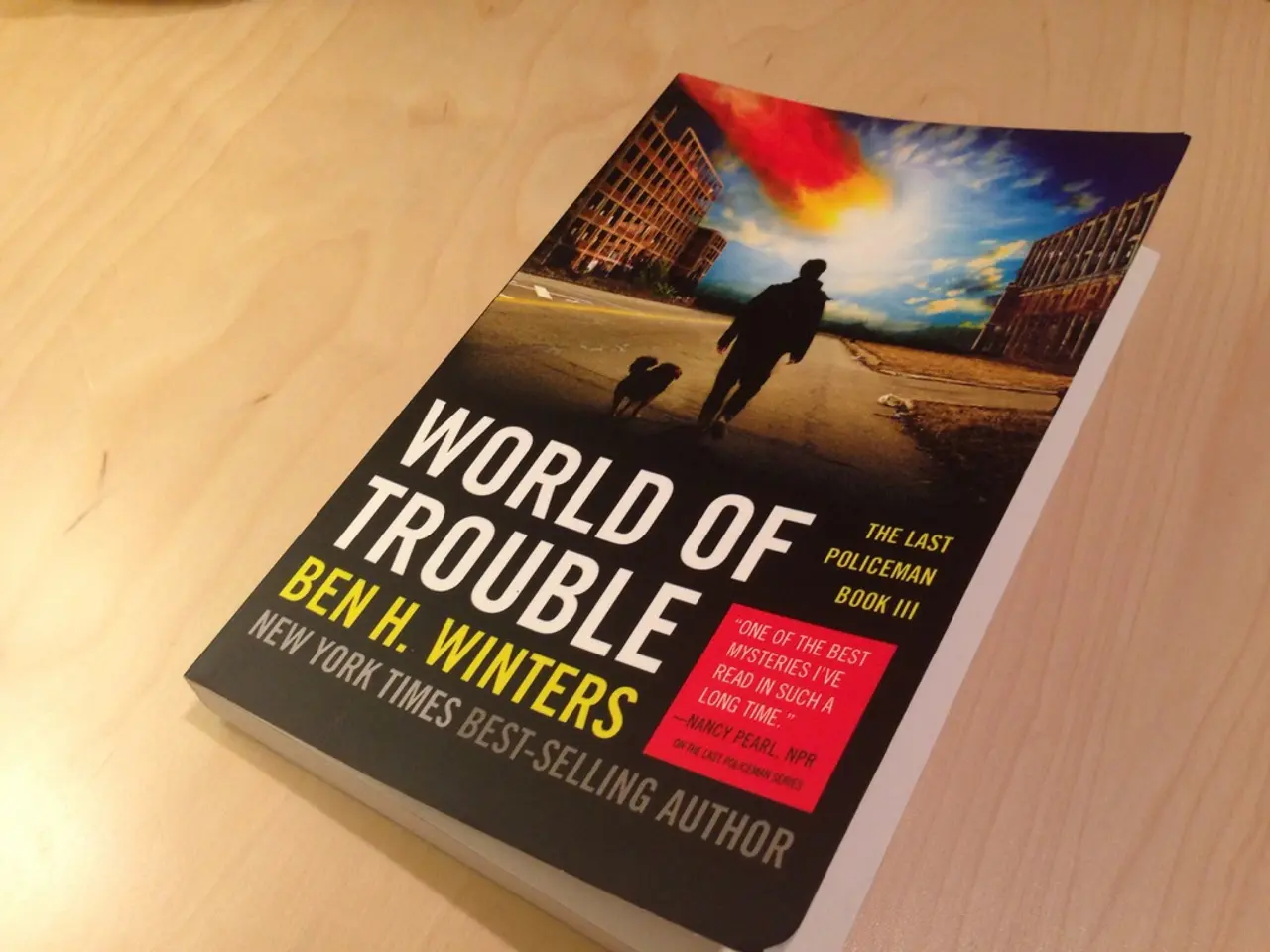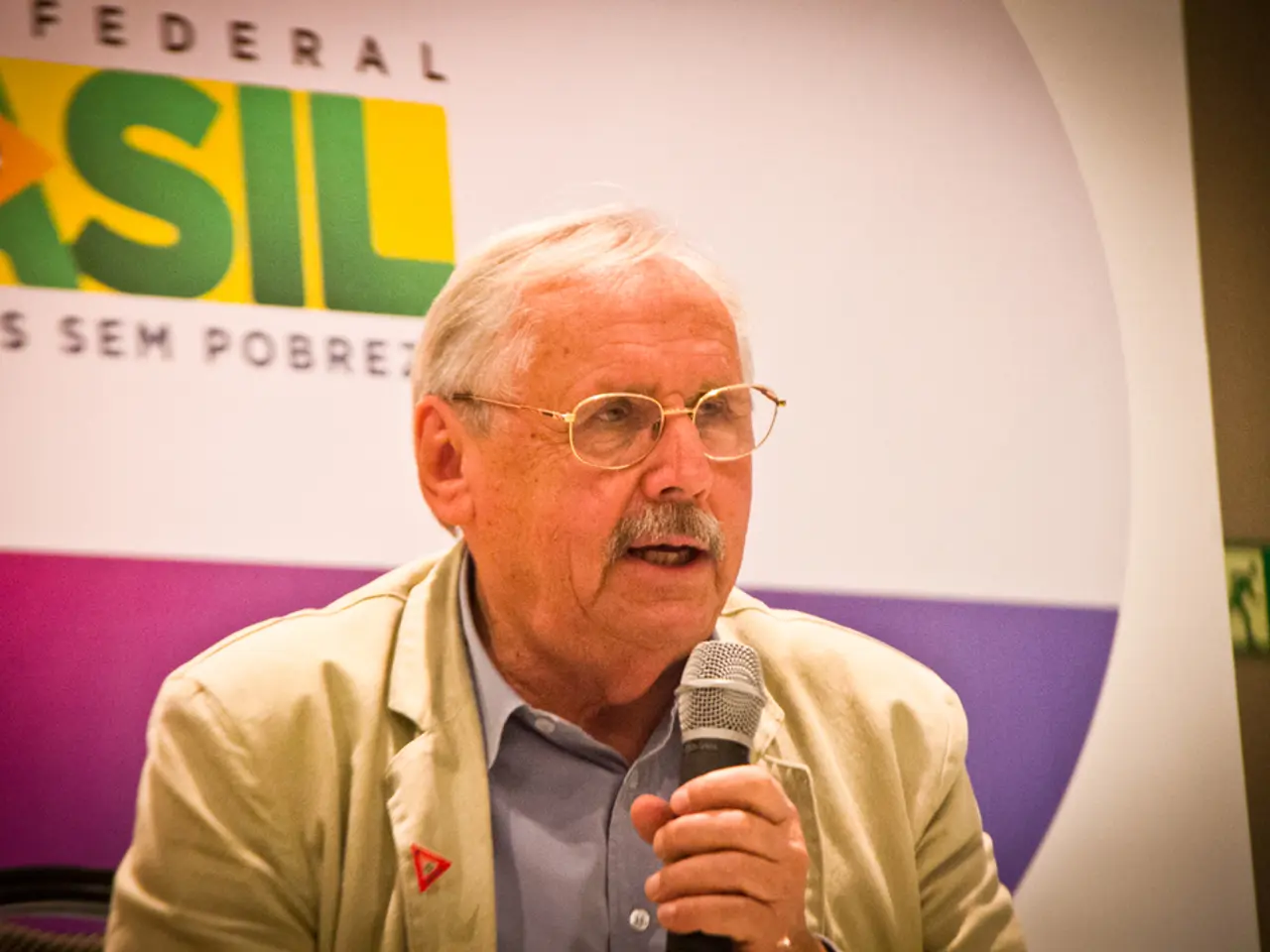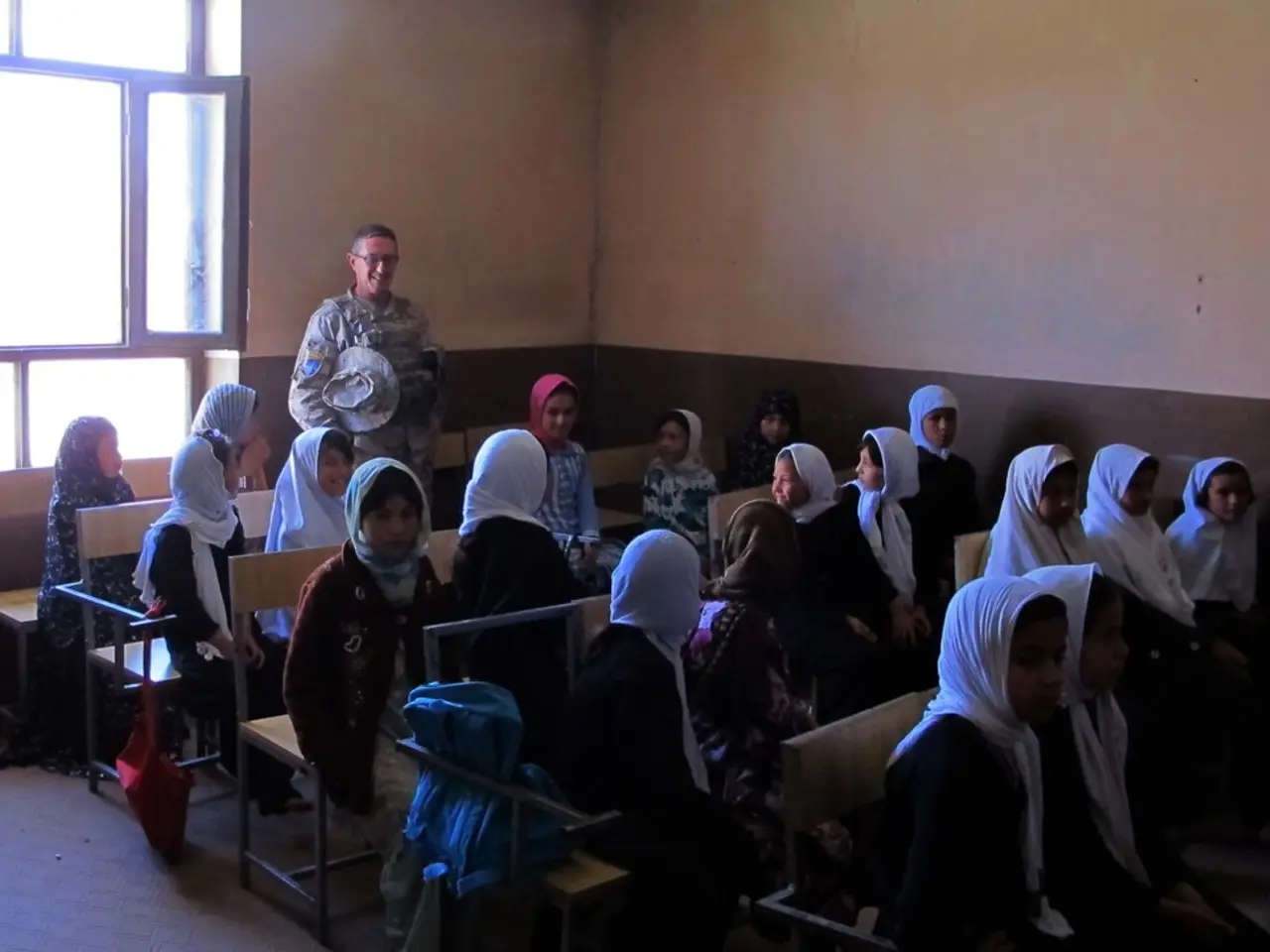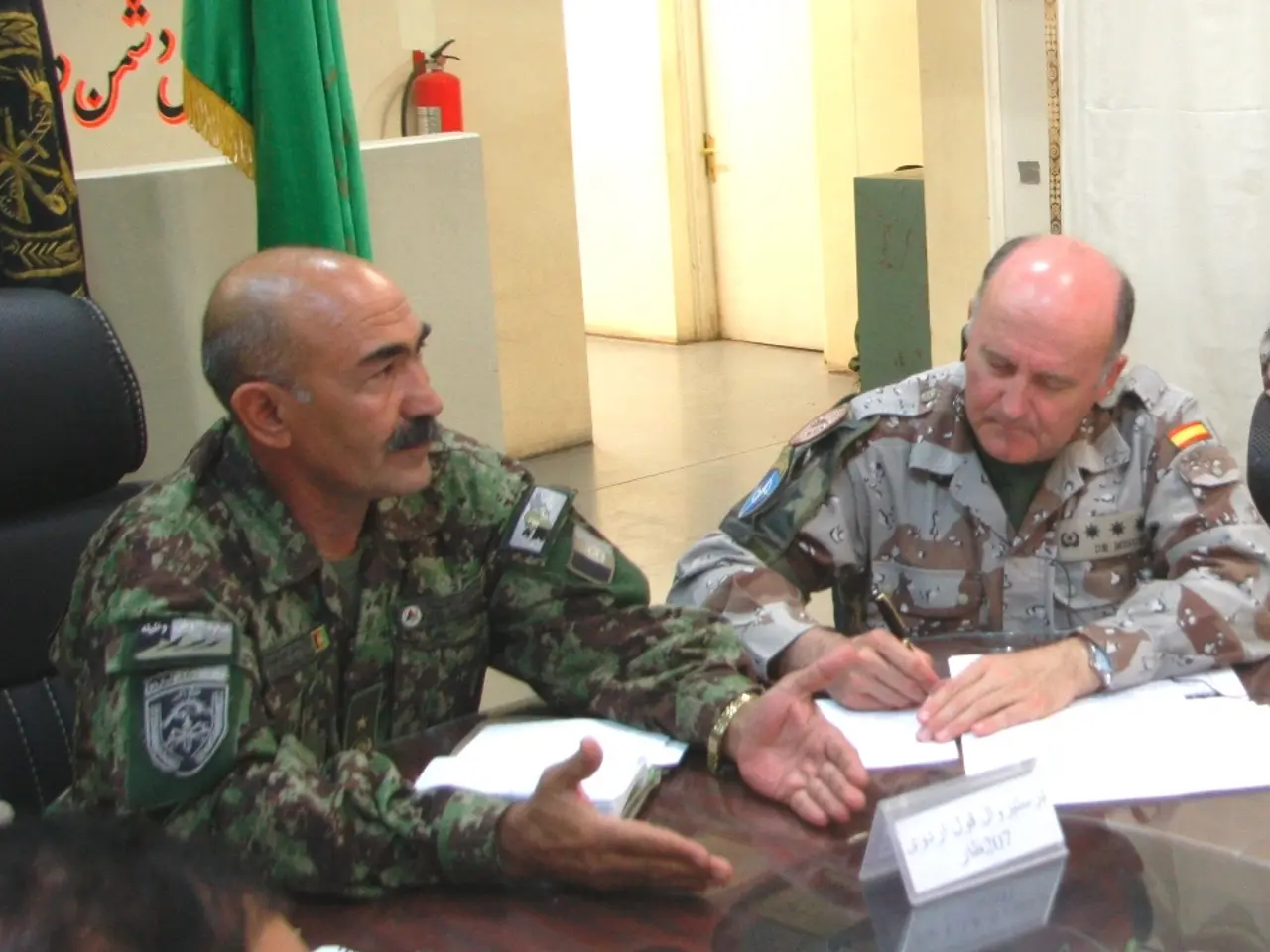The International Court of Justice (ICJ) serves as the principal judicial organ of the United Nations, addressing disputes regarding international law between states.
**International Court of Justice: Resolving Global Disputes**
The International Court of Justice (ICJ), established in 1945, serves as the principal judicial organ of the United Nations, with its headquarters in the Peace Palace in The Hague. Its primary role is to resolve disputes between states on the basis of international law.
The ICJ's jurisdiction is consent-based, meaning that states must agree to submit their disputes to the court. This can be done through a general declaration under Article 36 of the ICJ's Statute, which allows states to accept compulsory jurisdiction, or by a special agreement to submit a particular dispute to the Court.
In 2024, the ICJ ordered Israel to take precautionary measures to avoid genocide, with a deadline for response set to the beginning of 2026. Similarly, in March 2022, the ICJ ordered Russia to temporarily halt its war of aggression against Ukraine, but a final decision is still pending.
The enforcement mechanism of the ICJ is limited, as there is no international police force or comprehensive system of law enforcement to enforce its decisions. Compliance is largely voluntary, relying on the political will of states and international organizations to respect its judgments. The UN Security Council can be involved in enforcing ICJ decisions, but this requires consensus among its members, which is not always forthcoming.
The ICJ's rulings are legally binding in all three cases (declaration of submission, consent to ICJ dispute resolution, or action on the basis of a treaty). However, there is no provision for appeal proceedings. In 2018, the ICJ ruled in favor of Iran, requiring the US to ensure that medical care was not affected by sanctions.
Not all states have made a declaration of submission to the ICJ. Germany made such a declaration in 2008, and around a third of UN member states have done so. The administration of then-President Donald Trump subsequently terminated the friendship agreement with Iran.
The ICJ hears cases in which states act as adversaries, unlike the International Criminal Court which handles trials for individuals. In 2023, Tehran achieved a partial victory in another lawsuit based on the agreement as a legal basis, concerning frozen Iranian funds in US banks. South Africa is taking Israel to court for alleged violations of the Genocide Convention in the Gaza Strip. Gambia initiated a case against Myanmar, accusing it of genocide against the Rohingya.
The ICJ is made up of 15 judges, each from a different country, elected by the UN General Assembly and Security Council. The Peace Palace, where the ICJ began its work, was completed in 1913, intended for settling international conflicts. The Peace Palace stood through two world wars and housed the League of Nations' legal umbrella organization.
The ICJ can be appointed as a dispute resolution body in bilateral agreements, as seen in the case of Iran versus the US in 2018 over certain sanctions. The UN Genocide Convention of 1948 allows disputes to be submitted to the ICJ at the request of any party involved.
Despite its limitations, the ICJ plays a crucial role in upholding international law and resolving disputes between states. Its decisions, while not enforced by a world police, are binding and rely on the cooperation of the parties involved to be respected and complied with.
The ICJ's role in resolving disputes extends to various regions of the world, such as Africa, where South Africa is taking Israel to court for alleged violations of the Genocide Convention in the Gaza Strip. International conflicts are not limited to one continent; the ICJ also heard a case regarding alleged genocide in another region, with the ICJ ordering Israel to take precautionary measures to avoid genocide in 2024. The ICJ's decisions have global implications, as shown by the UN Genocide Convention of 1948, which allows disputes to be submitted to the ICJ. Politicians and government leaders from all over the world follow general-news updates about the ICJ's rulings, as these decisions contribute significantly to international politics and global peace.





